
Dear Scholars of Finance,
After reflecting on the events that recently transpired in the U.S. Capitol, I am writing to offer some encouragement and guidance on how we can grow and act as leaders in a time when our leadership is more important than ever.
On Wednesday, January 6th, millions of people went online and watched violent rioters storm the U.S. Capitol, witnessing the chambers of democracy being desecrated and looking on in suspense as the very principles the U.S. was built upon were challenged. The character of this nation was threatened. The House of Representatives and Senate reconvened safely that evening and completed the election certification. The democratic process prevailed over violence and intimidation.
Following this day of infamy, five have been reported dead. The FBI has identified dozens of rioters to be prosecuted for egregious crimes. The current President of the United States has been banned from Twitter and Facebook indefinitely, and impeachment is under consideration.
We’re living through a moment that will define our generation.
Many of us have felt scared or confused by what has in some cases been portrayed as the unraveling of the safety and security of democratic processes and institutions. Many of us were shocked or deeply disappointed that people would so recklessly defile the halls of Congress. Many of us are angry about the obvious inequality and inequity displayed, recognizing that several Black Lives Matter protests were treated more harshly, leading us to question how Capitol police would have responded had the rioters not been predominantly white. Some are not even surprised by the events, given the divided state this nation has devolved to and the vitriolic rhetoric of the current President. Some simply don’t know what to think or what to say.
The moment continues. With a presidential inauguration approaching and the deep division of our nation becoming increasingly apparent, it may last for weeks or months, maybe even years.
Many of us are asking ourselves what our role is in this moment. What can we do? What should we do? The problems can feel so much bigger than us. The solutions can seem far out of our reach, lying in the hands of national officials, courts, or political leaders. How do we make an impact? Can we?
Yes we can. We can take action within our circles of influence, whether we only reach our family members down the hall or we reach hundreds or thousands. We can do something now and we can make a difference.
Our mission is to inspire character and integrity in the finance leaders of tomorrow. We may wonder what action we can take while still so early in our paths to becoming finance leaders and investors. What role does finance play in all of this?
Eff Martin, a former Partner at Goldman Sachs and a close friend of SOF, once told us that “you need to build character now, so that in 15 years, when you’re put to the test and your decisions carry much more weight, you have the character to do the right thing.” One day, some of us will make decisions with millions of dollars and impact many, many lives. So, in this moment, as future finance leaders, we seek to examine how we can act with character to prepare ourselves for our future impact. In doing so, we can also make an impact right now.
I encourage all of our members, and anyone else reading this, to consider our core values of Courage, Curiosity, and Compassion and how to apply each of them in the weeks ahead. Here are a few thoughts to help you get started with your reflection and next steps:
Courage — There is deep division in the world which threatens the foundations of our society. Help solve this large and important problem. The situation in our country may get better from here, or, for a period of time, the state of affairs may get worse. Remain calm. Maya Angelou said, “Without courage, we cannot practice any other virtue with consistency. We can’t be kind, true, merciful, generous, or honest.” Courage overpowers the fear that resigns us to this new status quo.
Curiosity — There will be many debates about what has happened, is happening, and will happen. First, seek to understand, then to be understood. We will naturally bias toward talking about these events only with people who share our worldview. Embrace diverse perspectives. Abraham Lincoln, who led the U.S. through arguably the most divided time in our national history, said, “Those who look for the bad in people will surely find it.” Curiosity extinguishes the flames of anger between us.
Compassion — There are people severely affected by what’s happening. Show empathy to those suffering. There are people who view this situation differently than we may. Show them respect and kindness. People will say things that initially offend us. Extend them forgiveness. Martin Luther King Jr. reminded us that, “Love is the only force capable of transforming an enemy into a friend.” Compassion is our primary antidote to the divisiveness that plagues us.
Again, one day, many of us will be leaders in finance who help shape the economy and our nation’s political agenda. It is incumbent upon us to practice these values now to help heal our nation and prepare for the days when our actions have far greater implications. My sincere hope is that the last week and the months ahead can become one of the greatest periods of growth in our lives to date so that we can help avoid events like these from happening again, and that in the process, we help shape this moment into a foundation for a brighter future.
If you have questions, need someone to talk to, want to discuss how to uphold these values in more detail, or perhaps want to be a resource for others seeking clarity through this period, you can always reach out at hello@scholarsoffinance.org and a member of the team will be grateful to talk with you.
Best,
Ross Overline
Co-Founder, CEO
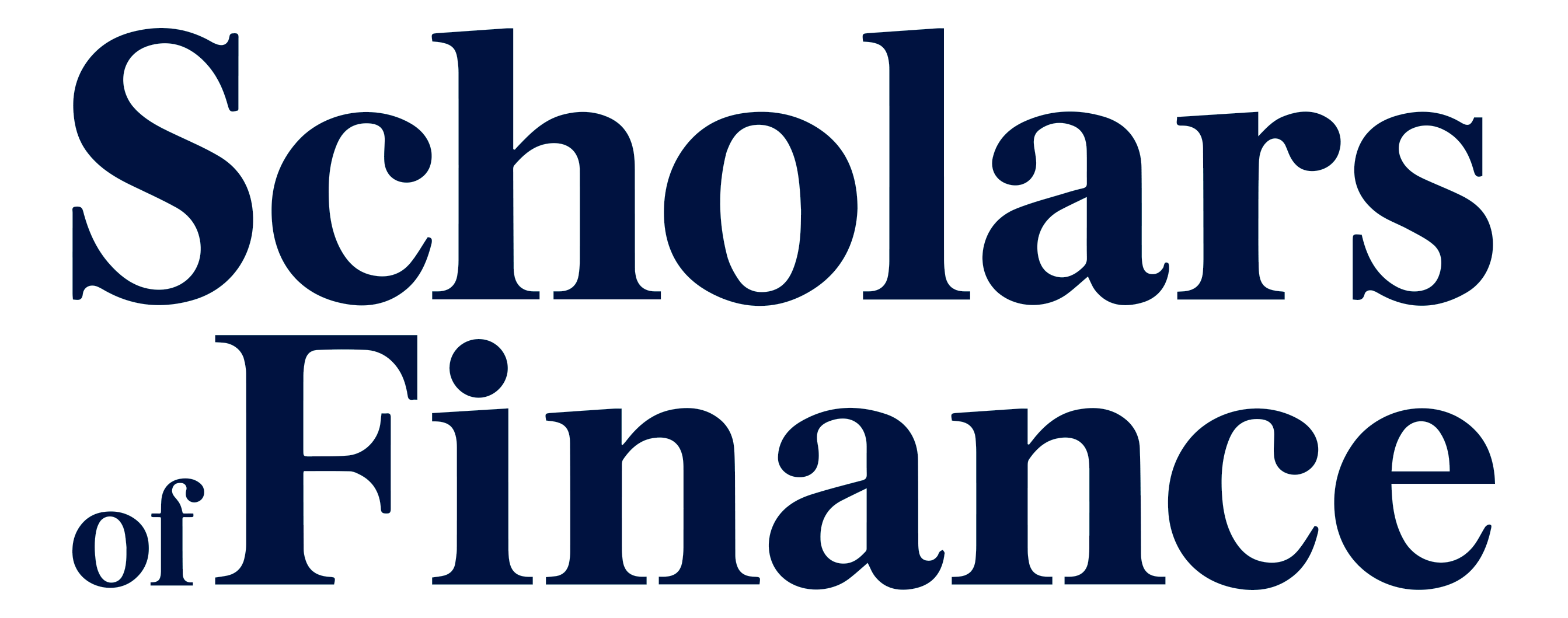
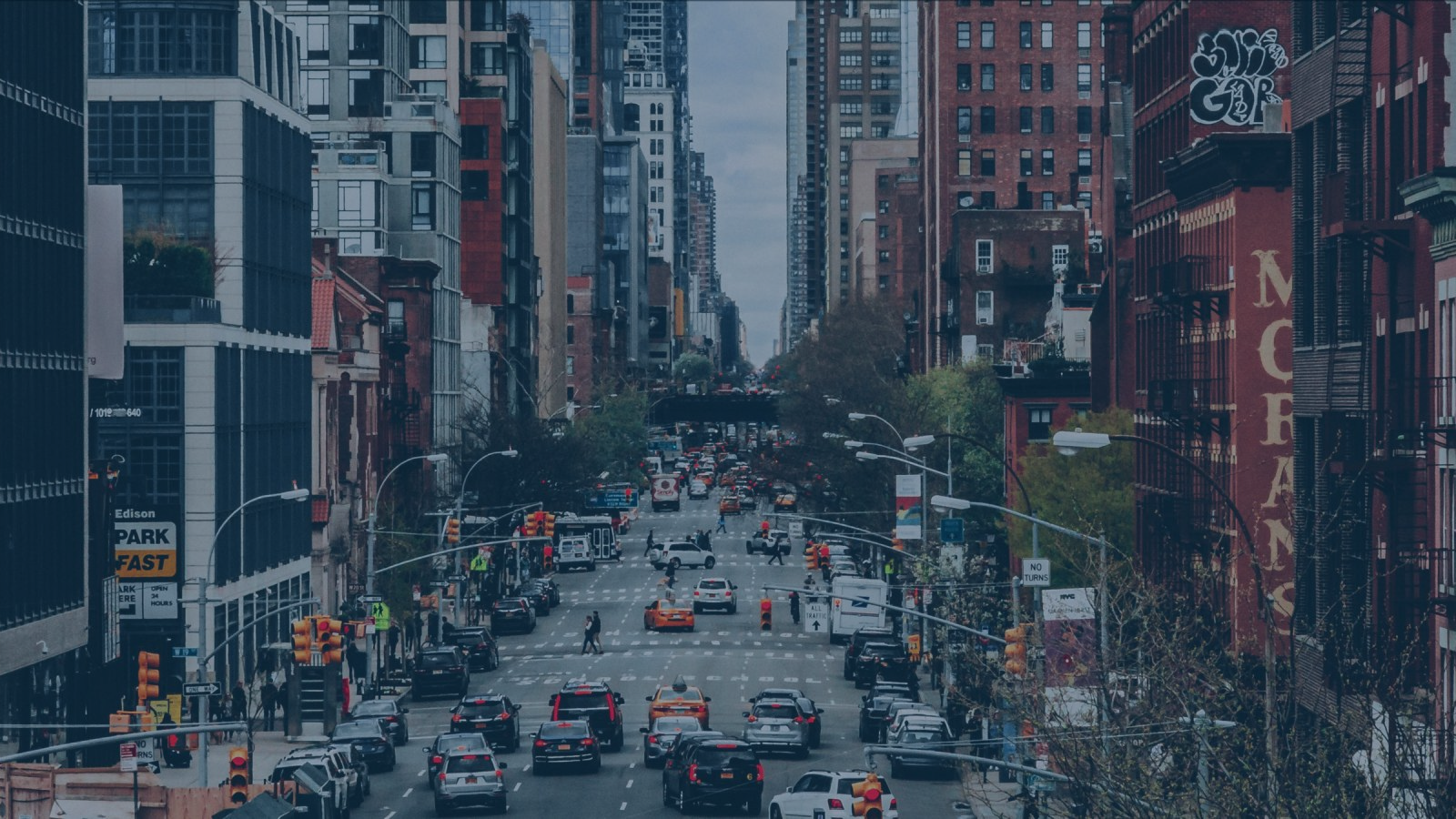

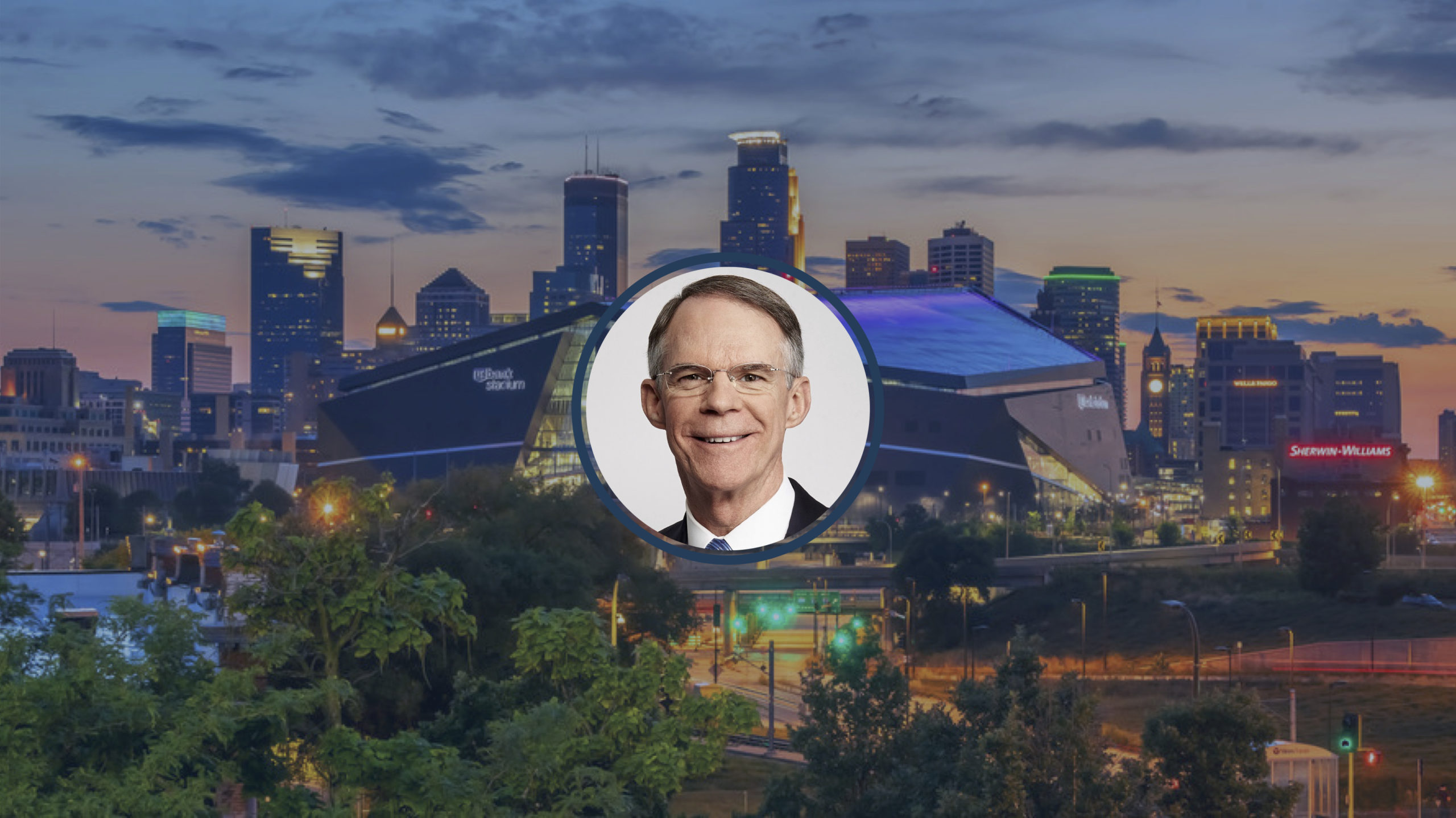




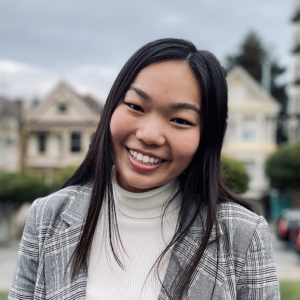
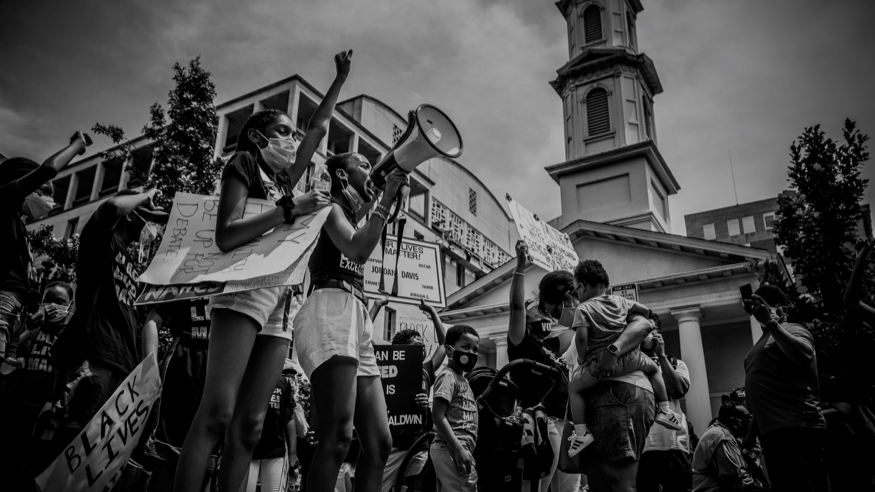


Recent Comments